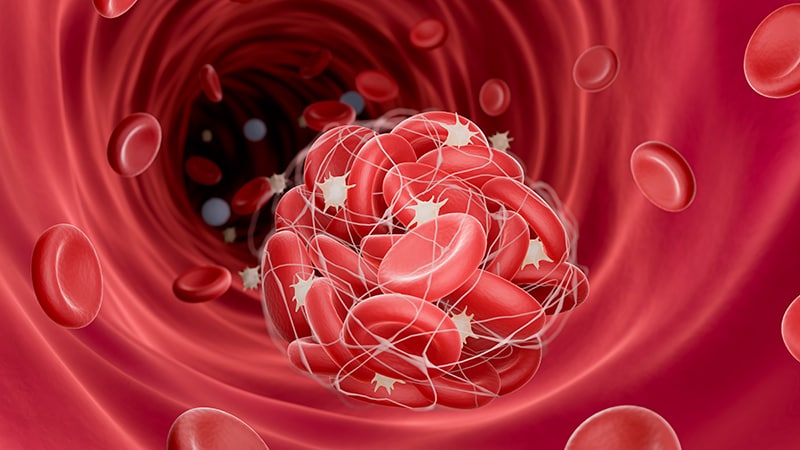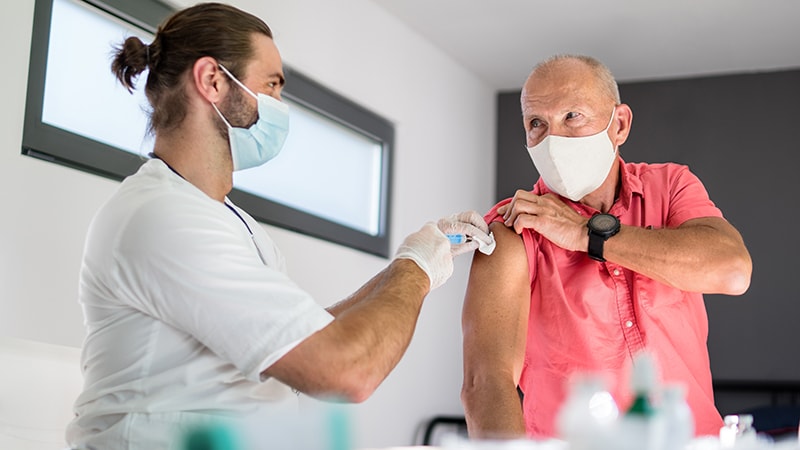The MHRA has approved Moderna's coronavirus vaccine.
It is the regulator's third COVID-19 vaccine approval after Pfizer/BioNTech and Oxford/AstraZeneca.
The UK originally ordered five million doses of Moderna's vaccine but increased this to seven million doses on November 29.
Supplies are due to arrive in the spring.
MHRA Chief Executive Dr June Raine said in a statement: "Today’s approval brings more encouraging news to the public and the healthcare sector. Having a third COVID-19 vaccine approved for supply following a robust and thorough assessment of all the available data is an important goal to have achieved and I am proud that the agency has helped to make this a reality.
"The progress we are now making for vaccines on the regulatory front, whilst not cutting any corners, is helping in our global fight against this disease and ultimately helping to save lives. I want to echo that our goal is always to put the protection of the public first.
"Once in use, all COVID-19 vaccines are continually monitored by the MHRA."
Professor Sir Munir Pirmohamed, chair of the Expert Working Group of the Independent Commission on Human Medicines added: "As with all the COVID-19 vaccine data we have seen to date, we have ensured a robust and thorough safety assessment has been carried out with the independent experts that sit on this group."
Today's decision follows regulatory approval by the European Medicines Agency on January 6.
Its human medicines committee granted a conditional marketing authorisation for the vaccine in people aged 18 and over after an assessment of quality, safety, and efficacy.
Authorisation for EU countries followed that from the US on December 18, Canada on December 23 and Israel on January 4.
Vaccine Details
The vaccine contains a molecule messenger RNA (mRNA) which has instructions for making the spike protein to allow the body to recognise this protein as foreign and produce antibodies and activate T cells to attack it.
On December 30, results from a phase 3 trial of Moderna's vaccine were reported in the New England Journal of Medicine.
The COVE study involved 30,420 volunteers who were assigned in a 1:1 ratio to receive either vaccine or placebo in a randomised, observer-blinded trial at 99 centres across the US.
The primary endpoint of the COVE study was based on the analysis of confirmed COVID-19 cases at least 2 weeks after the second dose of vaccine.
Out of 196 cases, 185 cases of COVID-19 were observed in the placebo group versus 11 cases in those who received Moderna's mRNA-1273 vaccine.
That represented a 94.1% vaccine efficacy.
The trial also demonstrated 90.9% efficacy in participants at risk of severe COVID-19, including those with chronic lung disease, heart disease, obesity, liver disease, diabetes, or HIV infection.
Efficacy was maintained across genders, racial and ethnic groups.
Side-effects were minor, and no safety concerns were identified in the trial.
The vaccine is given in two doses, 28 days apart.
Moderna's vaccine uses similar mRNA technology to the Pfizer/BioNTech vaccine. However, unlike the Pfizer vaccine that requires storage at -70 C, Moderna's vaccine can be kept frozen at between -25 C to -15 C.





